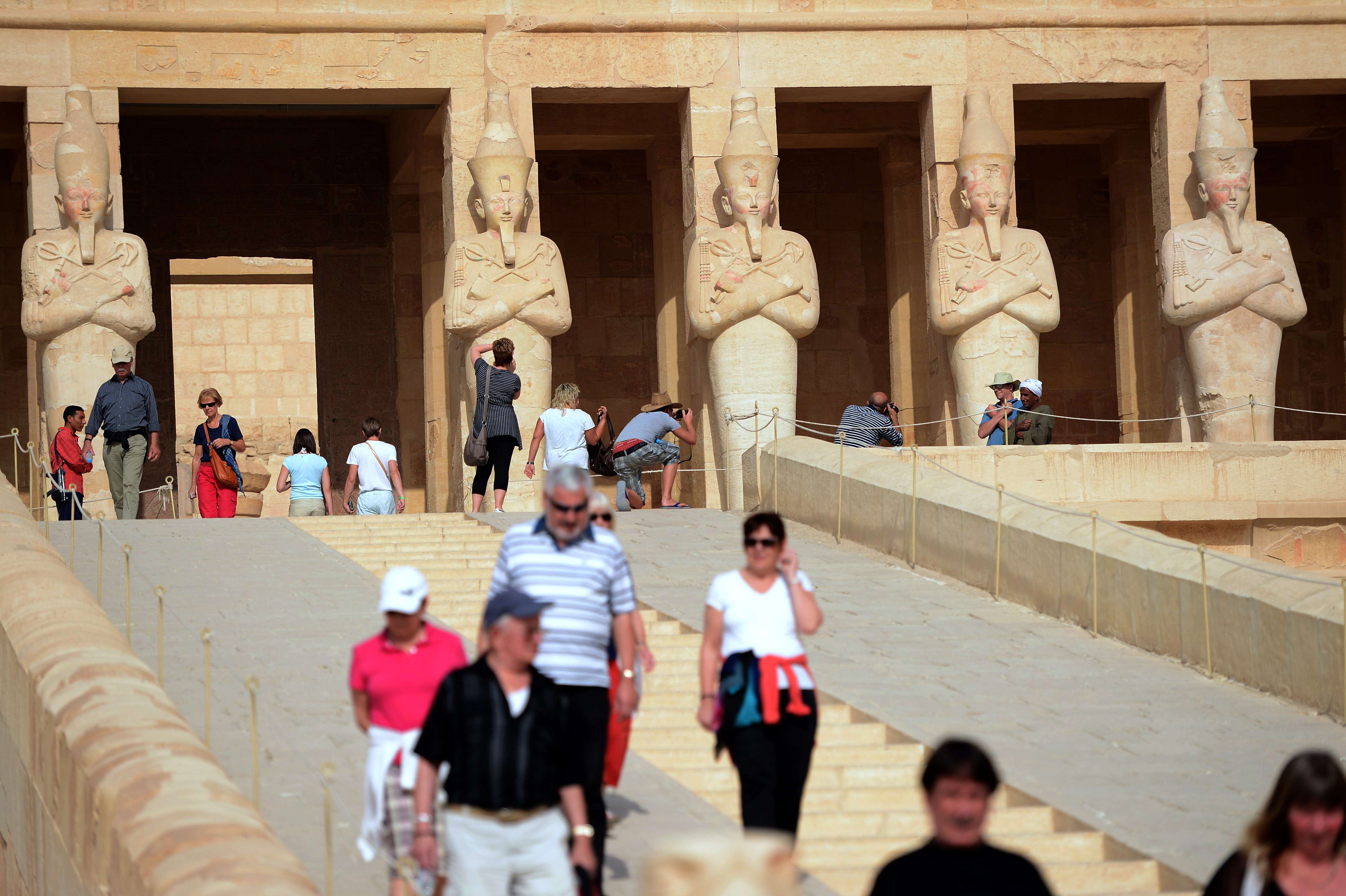
(Ricardo Garcia Vilanova/AFP Photo/File)
Egypt witnessed a 0.7% increase in inflation between September and October 2014, reaching 11.8%
Higher prices of petrol, natural gas, and electricity have increased production and transportation costs for industries and business, forcing them to raise the prices of certain goods such as food, water and clothes, Assistant to the former Executive Director of the International Monetary Fund Fakhry Elfiqy told Daily News Egypt .
The government announced a range of cuts to energy subsidies in early July.
The government provided factories with fixed priced natural gas at $2 per one million thermal units before the 25 January Revolution in 2011. After the revolution the prices continued to rise, eventually reaching $8 per one million thermal units – although this is only offered for factories that produce strategic commodities, other factories have to import the natural gas at $12 per one million thermal units. These rises have a knock-on impact on customers, said Elfiqy.
Elfiqy also added that another factor driving inflation was the lack of control over the informal market which represents 30-40% of the total economy. Recent measures by the central bank to target inflation by increasing interest rates by 1% will have a limited impact because of the size of the informal market, which is not subject to official interest rate increases.



